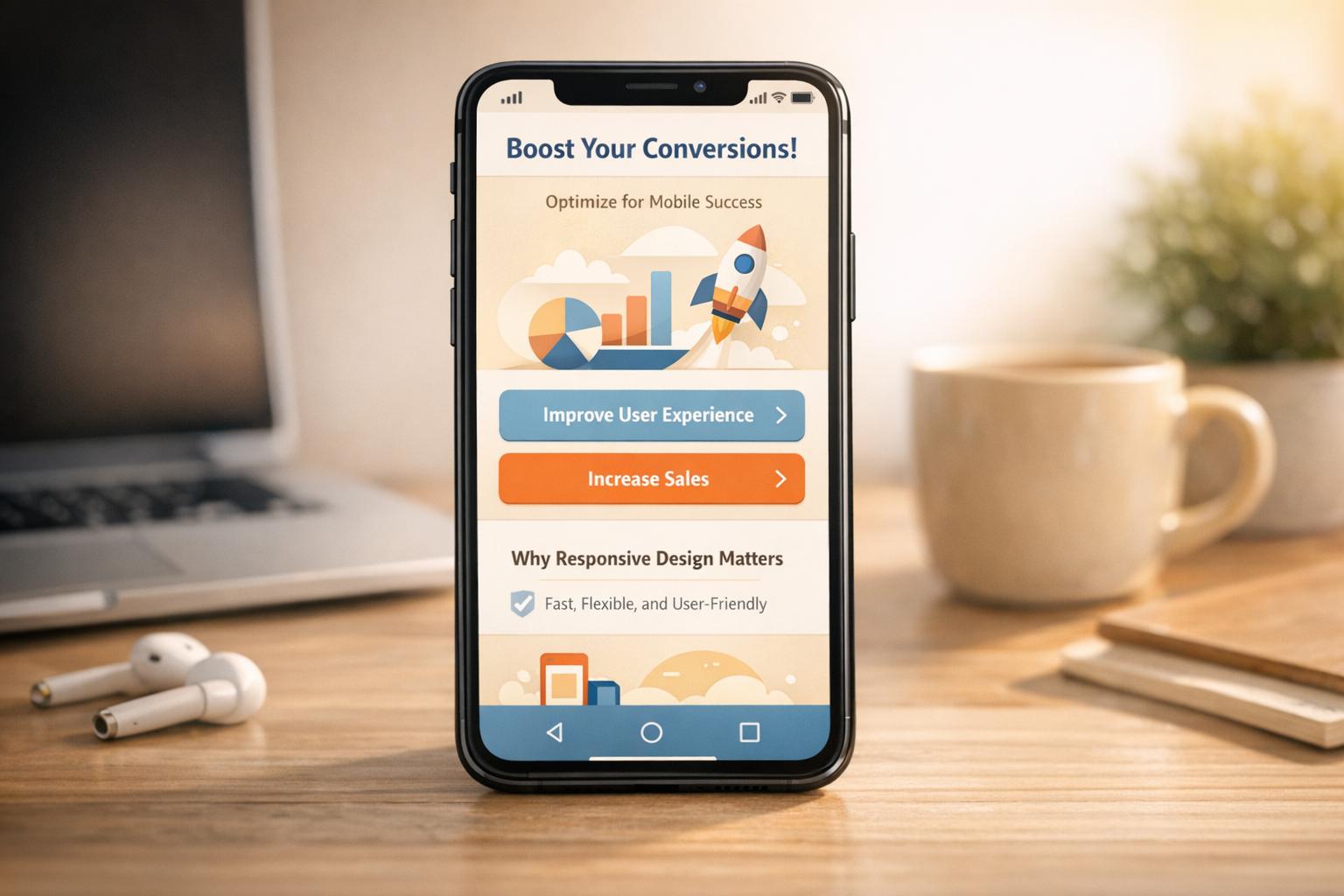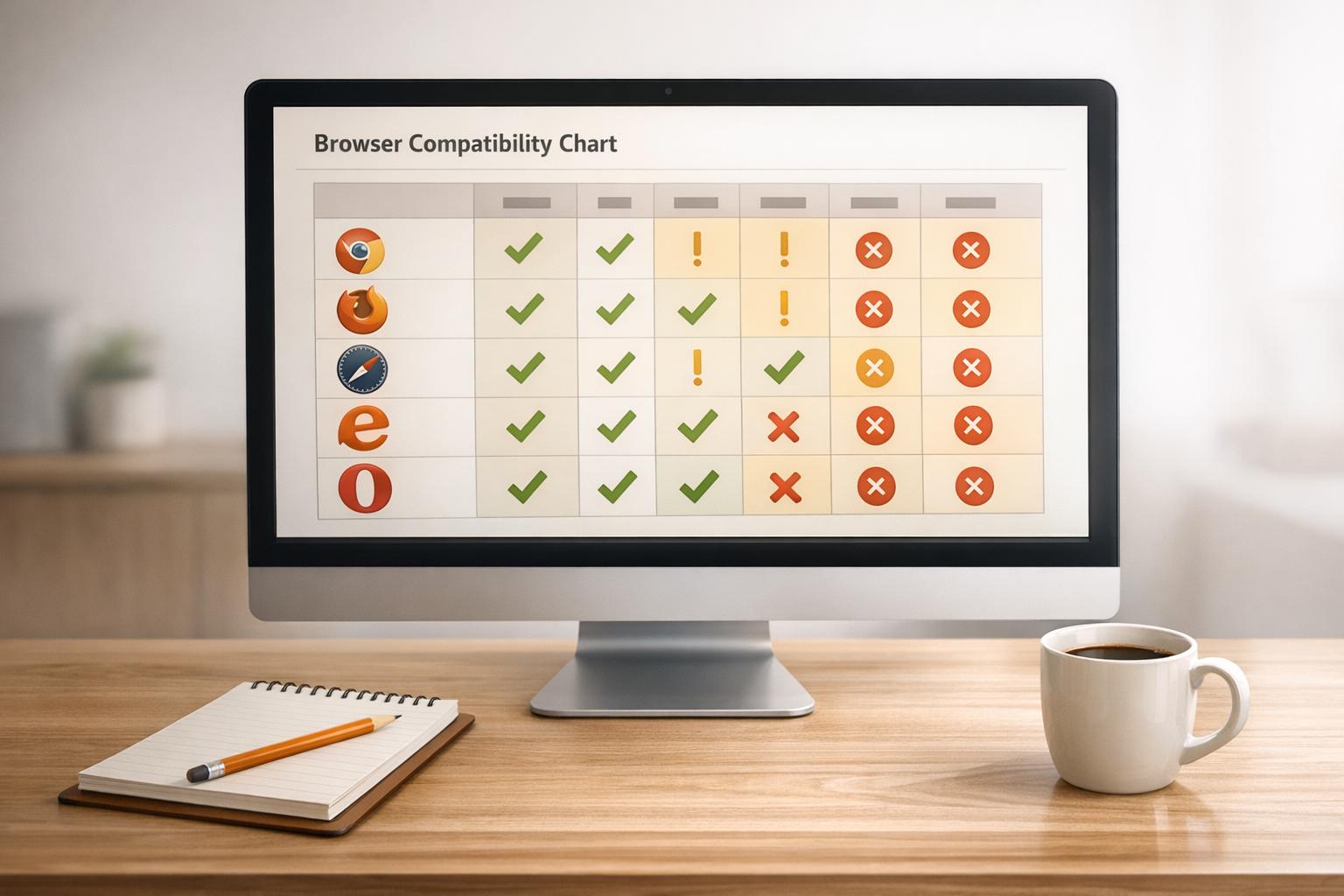

SEO for WordPress Sites: A Beginner’s Guide to Success

SEO for WordPress Sites: A Beginner’s Guide to Success
 17-03-2025 (Last modified: 17-03-2025)
17-03-2025 (Last modified: 17-03-2025)
WordPress powers over 40% of all websites, making it the most popular content management system (CMS) in the world. But just because you’re using WordPress doesn’t mean your site is automatically optimized for search engines. SEO for WordPress sites requires strategic tweaks, the right plugins, and an understanding of how Google ranks content.
If your WordPress site isn’t getting the search traffic it deserves, don’t worry—you’re not alone. Many site owners face common issues like slow loading speeds, poor keyword usage, and lack of mobile optimization. This guide will walk you through the best SEO practices for WordPress, ensuring your site is fully optimized for search engines and user experience.
Why SEO Matters for WordPress Sites
Search Engine Optimization (SEO) is essential for driving organic traffic to your WordPress site. Without SEO, your content may never reach the right audience. Here’s why SEO is crucial:
- Higher search rankings = More visibility and traffic.
- Better user experience = Lower bounce rates and higher engagement.
- Increased conversions = More leads, sales, or subscribers.
- Competitive advantage = Stand out in crowded search results.
Now, let’s dive into the most effective SEO strategies for WordPress sites…

1. Choose an SEO-Friendly WordPress Theme
Not all WordPress themes are built for SEO. A well-coded, lightweight theme ensures faster loading times, better indexing, and a great user experience. Here’s our tips:
- Go for a responsive theme – Your site should look great on all devices.
- Check page speed – Use Google PageSpeed Insights to test load times.
- Avoid bloated themes – Some themes have too many built-in features that slow down performance.
- Ensure schema markup support – Themes that integrate structured data help with rich snippets.
Recommended SEO-Friendly Themes:
- GeneratePress (Lightweight & fast)
- Astra (Customizable & SEO-focused)
- Kadence (Optimized for performance)
2. Install an SEO Plugin
WordPress doesn’t come with built-in SEO tools, but plugins make it easy to optimize your content. Here’s the best of the best:
- Yoast SEO – Offers on-page SEO analysis, XML sitemaps, and readability checks.
- Rank Math – Advanced features for keyword optimization and schema markup.
- All in One SEO (AIOSEO) – Great for beginners looking for an easy setup.
Once installed, these plugins help you optimize meta titles, descriptions, and content readability.
3. Optimize Your Permalinks
By default, WordPress URLs aren’t always SEO-friendly. A URL like ‘yoursite.com/p=123’ …tells Google nothing about your content. Instead, use descriptive, keyword-rich URLs: ‘yoursite.com/best-wordpress-seo-tips’. Here’s how to set your URL’s in WordPress:
- Go to Settings > Permalinks and select “Post name.”
- Keep URLs short but include important keywords.
- Avoid stop words like “the,” “and,” or “is.”
4. Improve Site Speed & Performance
Google considers page speed a ranking factor. If your site is slow, visitors will leave before they even read your content. Here’s some easy ways to boost your page speed:
- Use a caching plugin – WP Rocket or W3 Total Cache.
- Optimize images – Use ShortPixel or Smush.
- Enable lazy loading – Load images only when needed.
- Upgrade to better hosting – Choose managed WordPress hosting like Kinsta or WP Engine.
- Use a CDN (Content Delivery Network) – Cloudflare and BunnyCDN can help reduce load times.
5. Keyword Research & On-Page SEO
Optimizing your content with the right keywords is key to ranking higher. Not only do you need the right keywords but you also need to consider how to phrase these and the tone of language that resonates most with your audience. Here’s our tips:
- Find keywords using: Google Keyword Planner, Ahrefs, or Ubersuggest.
- Use long-tail keywords – Less competition and higher conversion rates.
- Optimize title tags and meta descriptions with primary keywords.
- Place keywords naturally in the first 100 words, headings, and image alt text.
- Use structured headings (H1, H2, H3) to improve readability.
For on-page SEO, tools like PageTest can help test which content variations perform best, making optimization data-driven rather than guesswork.

6. Internal Linking & Site Structure
Internal linking helps search engines understand the structure of your site and keeps visitors engaged longer. Keep in mind the following best practices:
- Link to related content within your blog posts.
- Use descriptive anchor text instead of “click here.”
- Ensure a logical site hierarchy with categories and subcategories.
- Create a sitemap using an SEO plugin to help Google crawl your pages.
7. Mobile Optimization
Google’s mobile-first indexing means your site’s mobile version is more important than desktop. Here’s the key points to remember and follow:
- Use Google’s Mobile-Friendly Test to check usability.
- Choose a responsive theme that adjusts to all screen sizes.
- Optimize buttons and fonts for easy touch navigation.
- Reduce pop-ups—Google penalizes intrusive interstitials on mobile.
A mobile-optimized site not only ranks better but also provides a better user experience.
8. Secure Your WordPress Site (HTTPS & Security)
A secure site builds trust with visitors and Google. Keep in mind the following:
- Install an SSL certificate – Google prioritizes HTTPS sites.
- Use security plugins like Wordfence or Sucuri.
- Keep WordPress updated to prevent vulnerabilities.
- Limit login attempts to prevent brute-force attacks.
9. Backlink Building & Off-Page SEO
Your SEO for WordPress sites isn’t complete without off-page SEO strategies. Here’s what we suggest:
- Guest blogging – Write for reputable sites and link back to your own.
- Broken link building – Find broken links on other sites and suggest yours as a replacement.
- Share content on social media – More exposure can lead to natural backlinks.
- Get featured in directories – Business listings, forums, and niche directories help build domain authority.
10. Best WordPress SEO Tools
Here’s a quick comparison of SEO tools that can improve your WordPress site’s ranking:
| Tool | Best For | Pricing |
|---|---|---|
| Yoast SEO | On-page SEO optimization | Free/Premium |
| Rank Math | Advanced SEO features | Free/Premium |
| PageTest | A/B testing for SEO | Free/Paid |
| WP Rocket | Speed optimization | Paid |
| Cloudflare | CDN & security | Free/Paid |
| Ahrefs | Backlink & keyword analysis | Paid |
Each tool has unique features, so choose based on your needs!
Final Thoughts: SEO Success for WordPress Sites
WordPress makes SEO easier, but only if you actively optimize your site. By following these strategies, you’ll improve search visibility, speed, and user experience, leading to higher rankings and better conversions.
To recap:
- Choose an SEO-friendly theme.
- Use an SEO plugin like Yoast or Rank Math.
- Optimize page speed & mobile usability.
- Focus on keyword research & content structure.
- Build internal links & off-page SEO.
Start implementing these SEO for WordPress sites techniques today, and watch your rankings climb!
say hello to easy Content Testing
try PageTest.AI tool for free
Start making the most of your websites traffic and optimize your content and CTAs.
Related Posts

 20-01-2026
20-01-2026
 Ian Naylor
Ian Naylor
How Search Intent Impacts Conversions
Aligning content to search intent is the most effective way to turn traffic into customers and reduce bounce rates.

 19-01-2026
19-01-2026
 Ian Naylor
Ian Naylor
How Responsive Design Boosts Mobile Conversions
Responsive design improves mobile UX, reduces bounce rates, boosts SEO and increases conversions via mobile-first layouts, faster pages, and touch-friendly CTAs.

 17-01-2026
17-01-2026
 Ian Naylor
Ian Naylor
Checklist for Cross-Browser Compatibility Testing
Step-by-step checklist for cross-browser testing: pick target browsers and devices, build a test matrix, validate code, and verify visuals, functionality, performance, and accessibility.
